Retiring to Start a B&B
Many people dream of running away from the daily grind and starting a bed and breakfast with their partner or a friend. While there are many advantages to doing this, and plenty of people have created very successful B&B operations later in life, there are a number of things that everyone should be aware of before they decide to chuck it all in, move to the countryside and start taking paying guests inside their new home.
Getting Ready for Opening Day
It’s important for any new B&B owner to ensure they have plenty of time and money in a contingency fund in the run up to the opening. This is because unexpected expenses are almost certain to crop up in the final days before a B&B opens. Undoubtedly, this can happen for any number of reasons ranging from expected furniture not arriving to last minute snags with builders or catering facilities. By being able to dip into a contingency fund to pay for these types of unexpected issues will make the process of opening a B&B far less stressful and could even save owners from running into financial difficulties if they have to put significant amounts of expenditure onto credit cards or other types of short-term finance.
Get the Word Out
There are many places where B&B owners can advertise their venue. These range from some of the biggest trav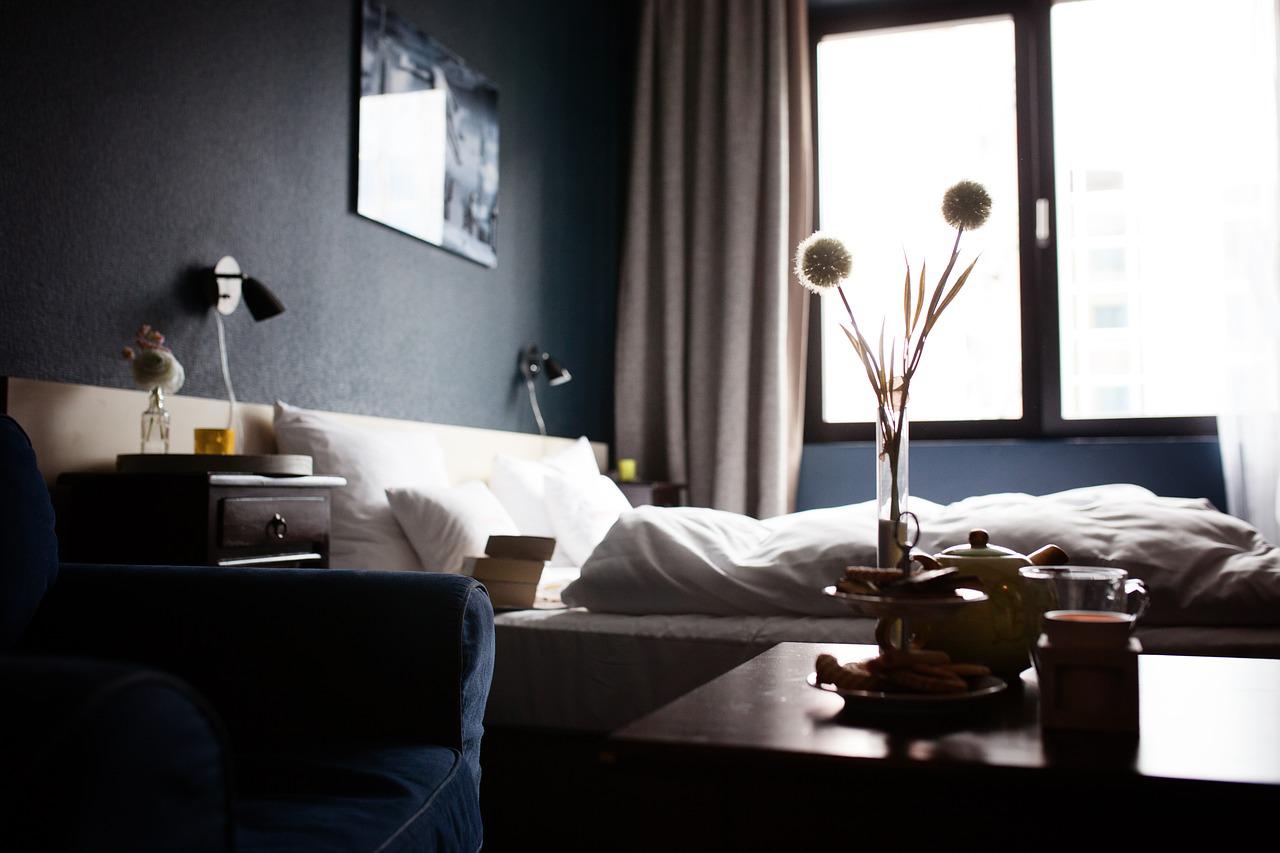 el websites such as TripAdvisor and Booking.com to smaller operators like Special Places to Stay and independent guidebooks. B&B owners should do what they can to get in touch with these organisations and providing them with plenty of information about their property. Having high-quality photos is a must. Badly shot or poorly lit photos will create a very poor impression with potential guests. In many cases, it is advisable to hire a professional photography service to prepare these shots.
el websites such as TripAdvisor and Booking.com to smaller operators like Special Places to Stay and independent guidebooks. B&B owners should do what they can to get in touch with these organisations and providing them with plenty of information about their property. Having high-quality photos is a must. Badly shot or poorly lit photos will create a very poor impression with potential guests. In many cases, it is advisable to hire a professional photography service to prepare these shots.
Hire Staff When Practical
Far from marking a slowing down in their pace of life, many people who retire to start a B&B find that they are working harder than ever. This is because they are the only members of staff at their new tourist accommodation and guests require round the clock service and assistant. Once the B&B is off the ground and cash flows have become regular and manageable, it may be a good idea to hire staff to take care of some jobs. This will allow the owners to enjoy a little bit of rest and relaxation as well as serving guests.
Planning in advance will make the process of opening a new B&B much less stressful for everyone involved. With a little bit of advanced knowledge, everyone can know what to expect and ensure that everything goes smoothly.

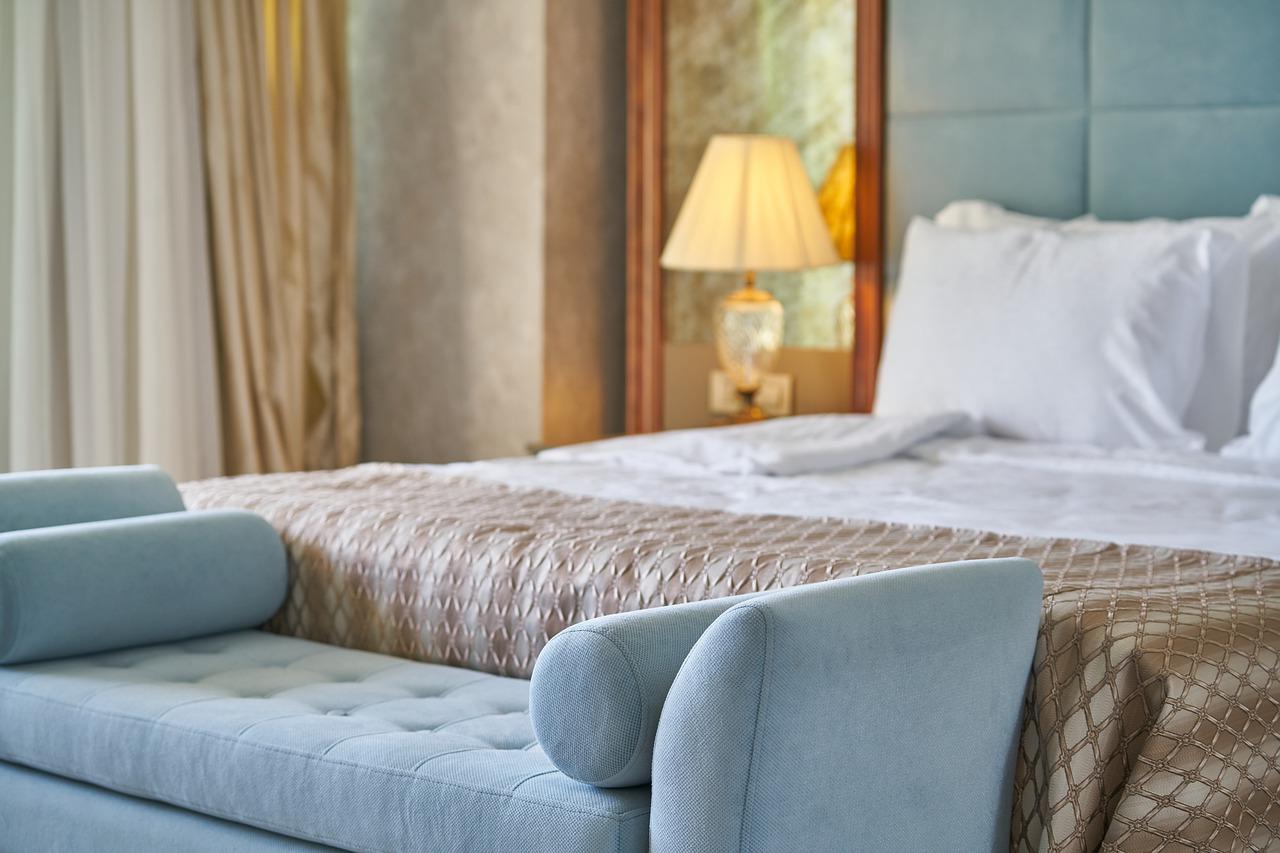
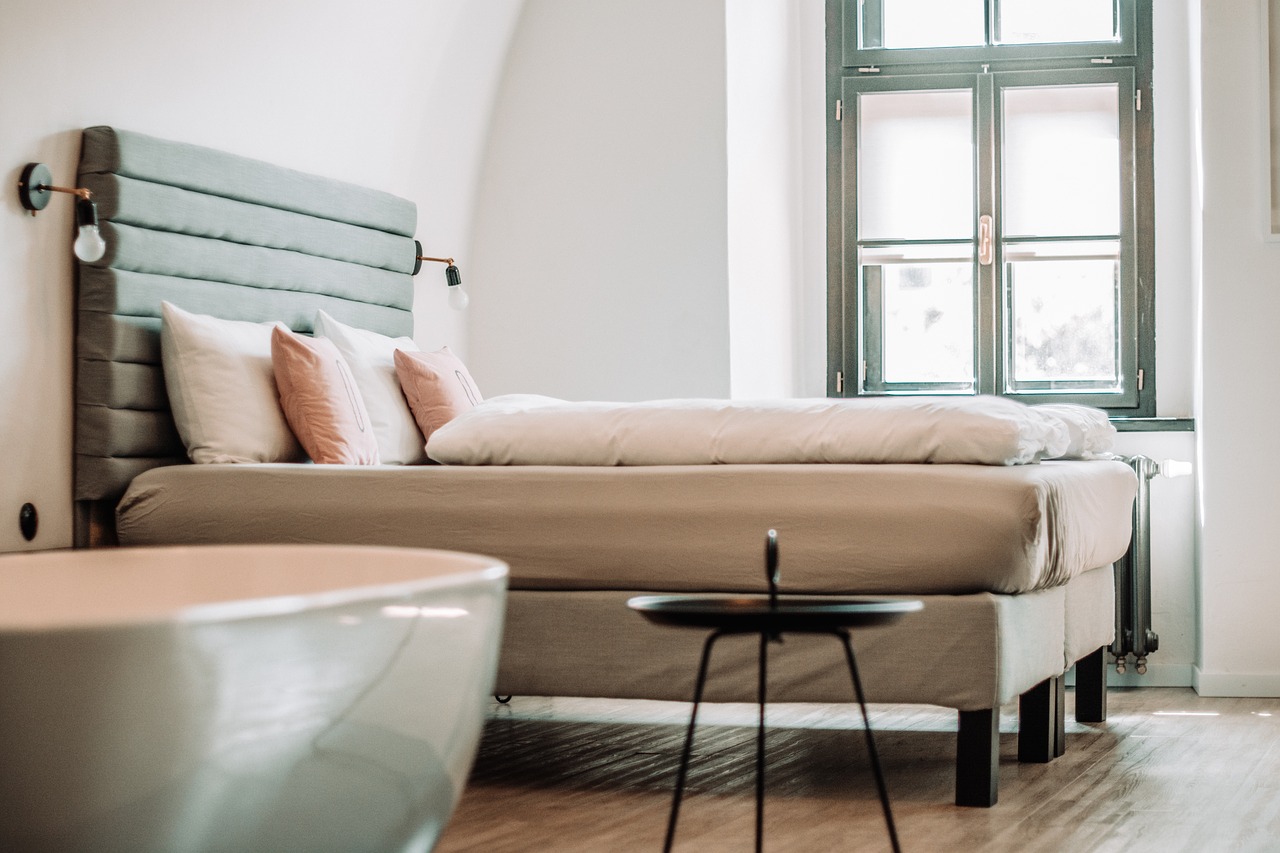
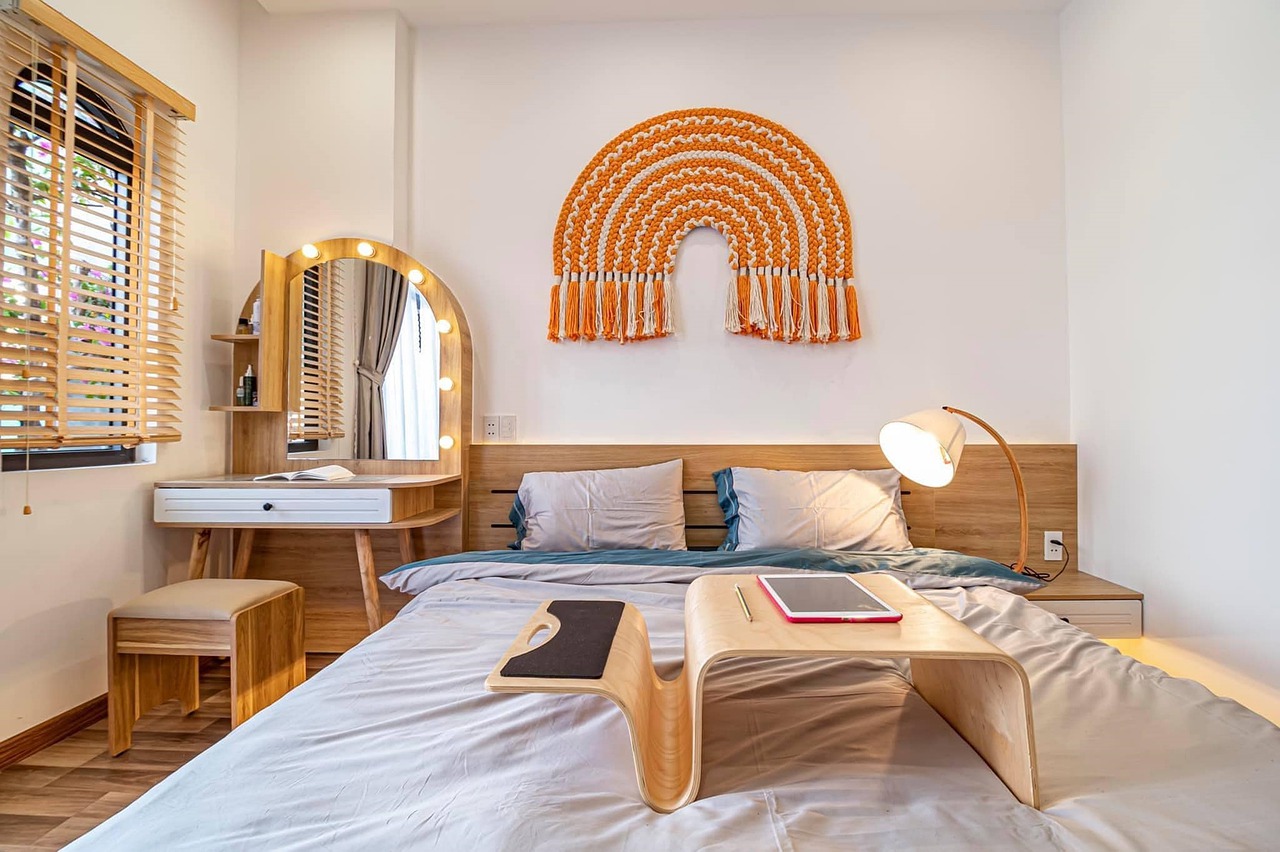 out what other B&Bs and hotels in the area offer their customers. This will enable you to match or ideally exceed the levels of service that are available in the area. If you fail to live up to these standards, it won’t take long for bad reviews to spread. It can take a very long time for a B&B to recover from this type of repetitional damage, particularly if the owners are new to the area.
out what other B&Bs and hotels in the area offer their customers. This will enable you to match or ideally exceed the levels of service that are available in the area. If you fail to live up to these standards, it won’t take long for bad reviews to spread. It can take a very long time for a B&B to recover from this type of repetitional damage, particularly if the owners are new to the area.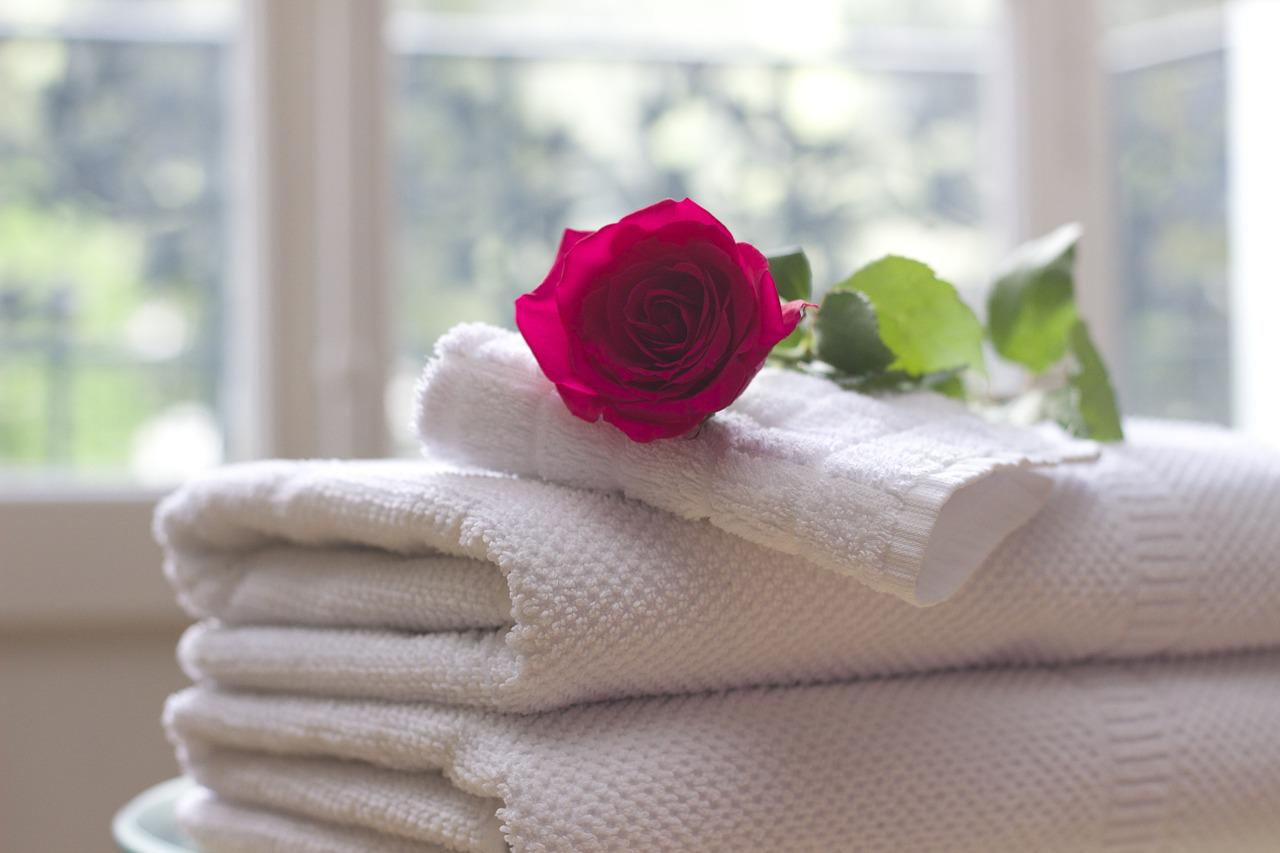
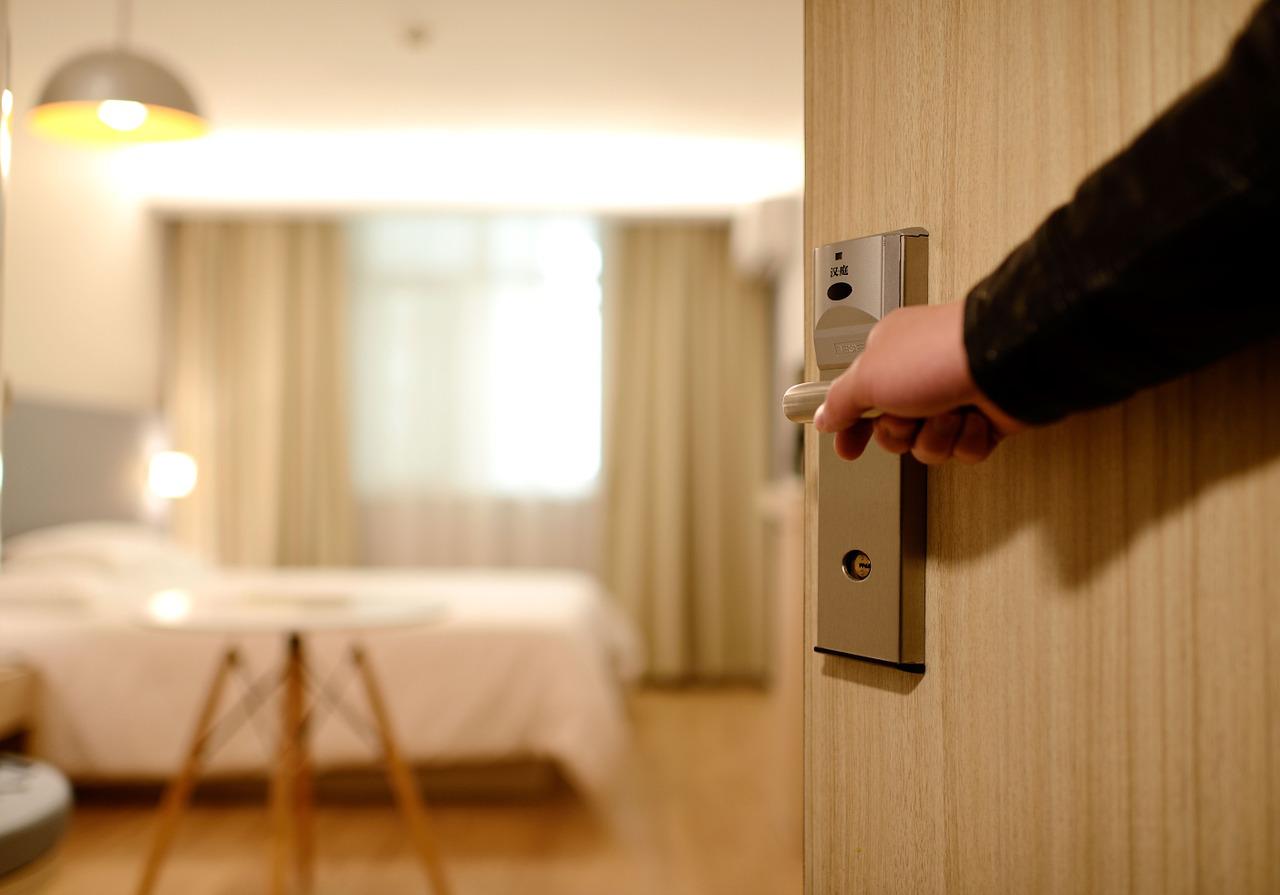 n it is generally better to arrange an alternative for your guests.
n it is generally better to arrange an alternative for your guests.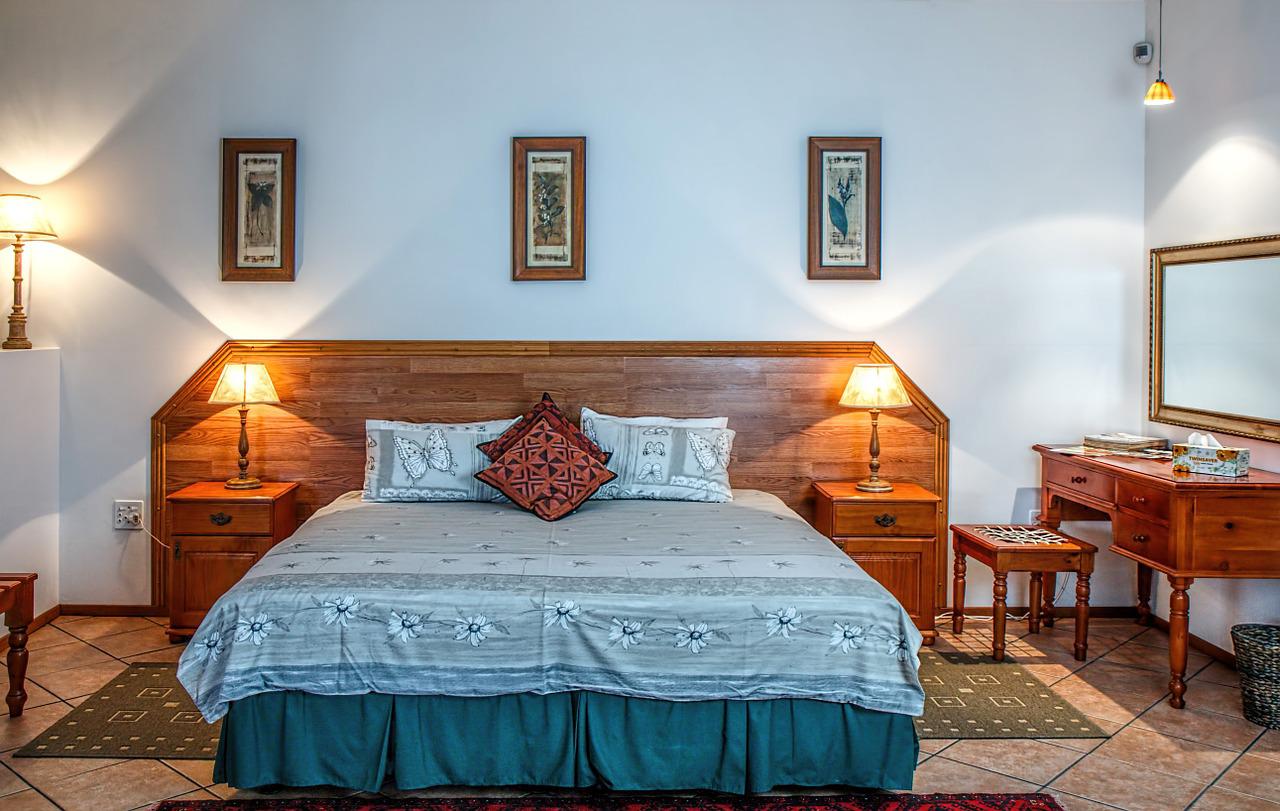
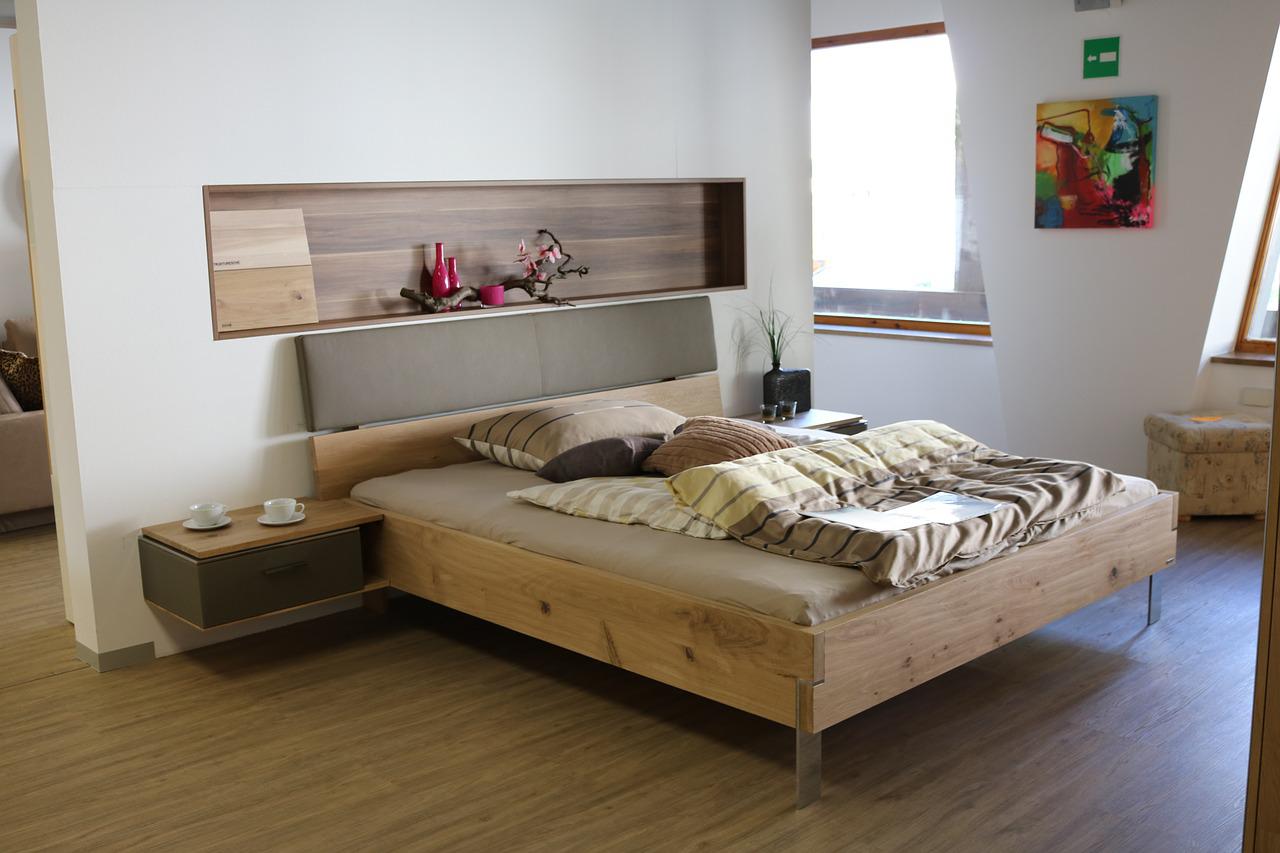 d that a
d that a 
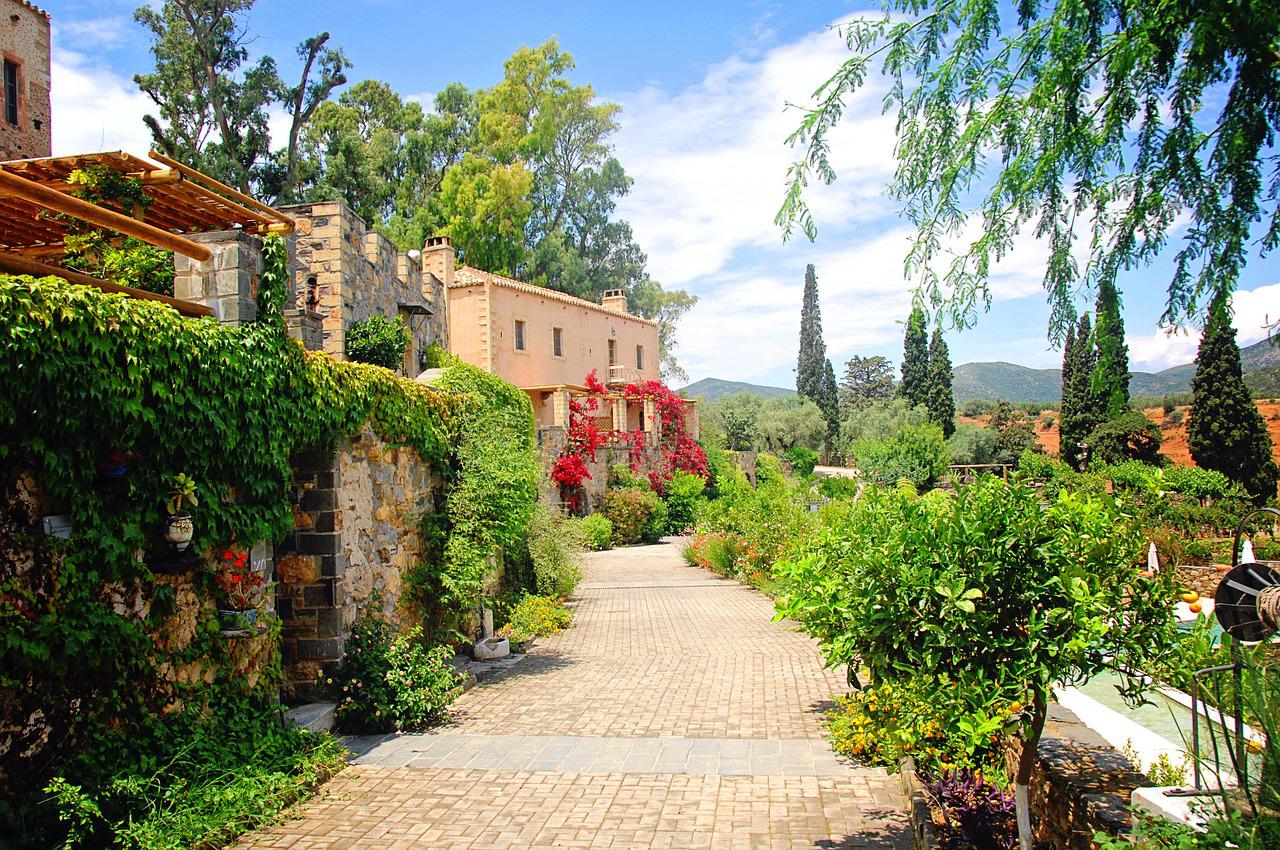 t to be desired, and guests who do not have access to their own car may struggle to either get to the B&B or get around when they are there. Plenty of advance planning is required for those without their own vehicle.
t to be desired, and guests who do not have access to their own car may struggle to either get to the B&B or get around when they are there. Plenty of advance planning is required for those without their own vehicle.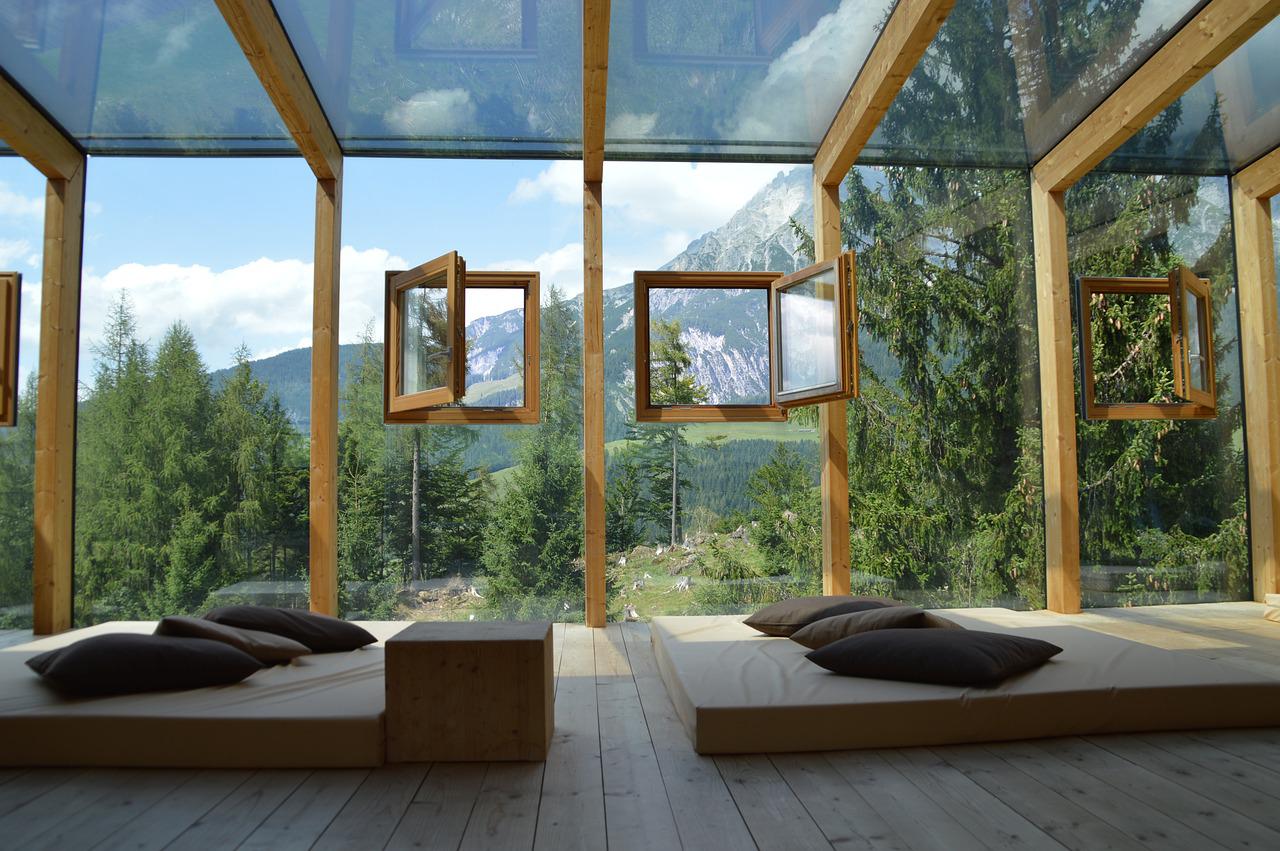
 ms of style, there are a number of
ms of style, there are a number of 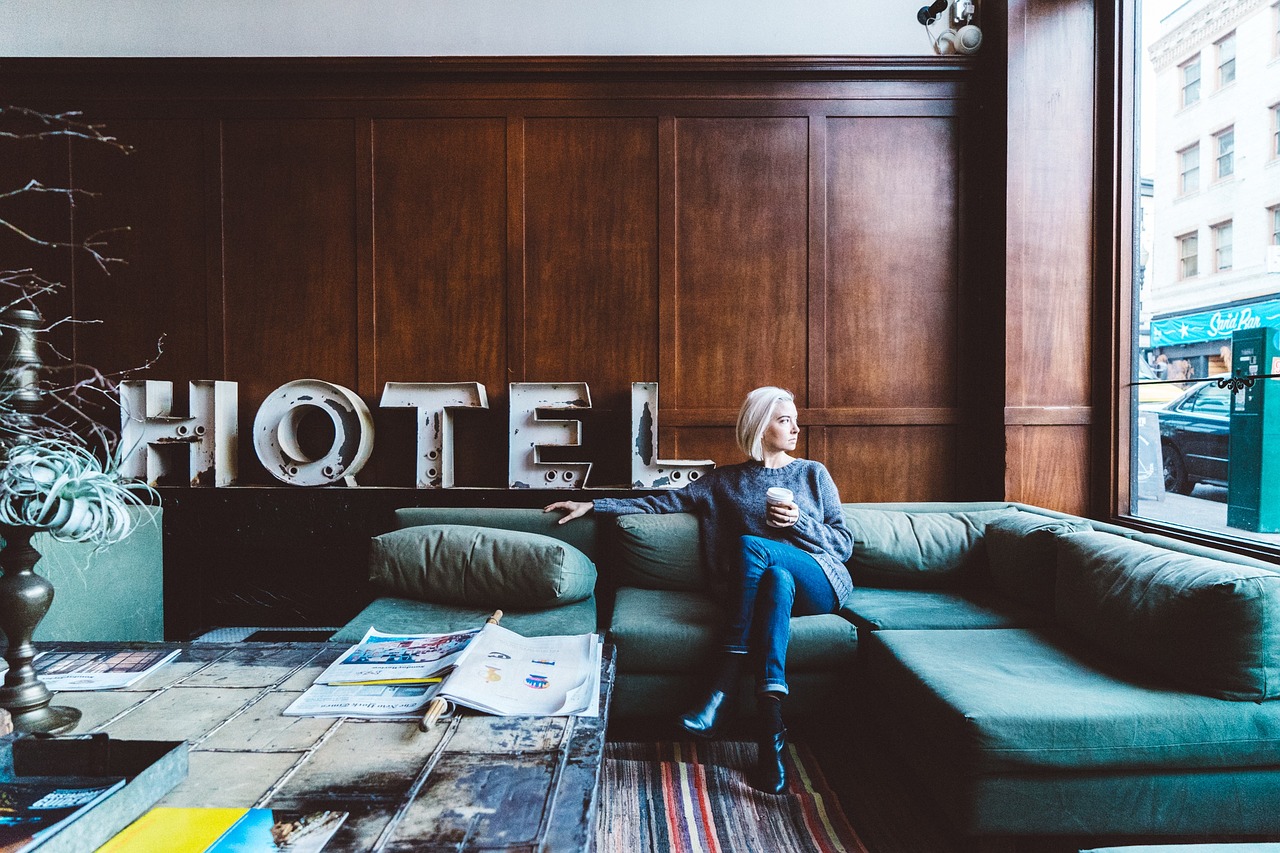
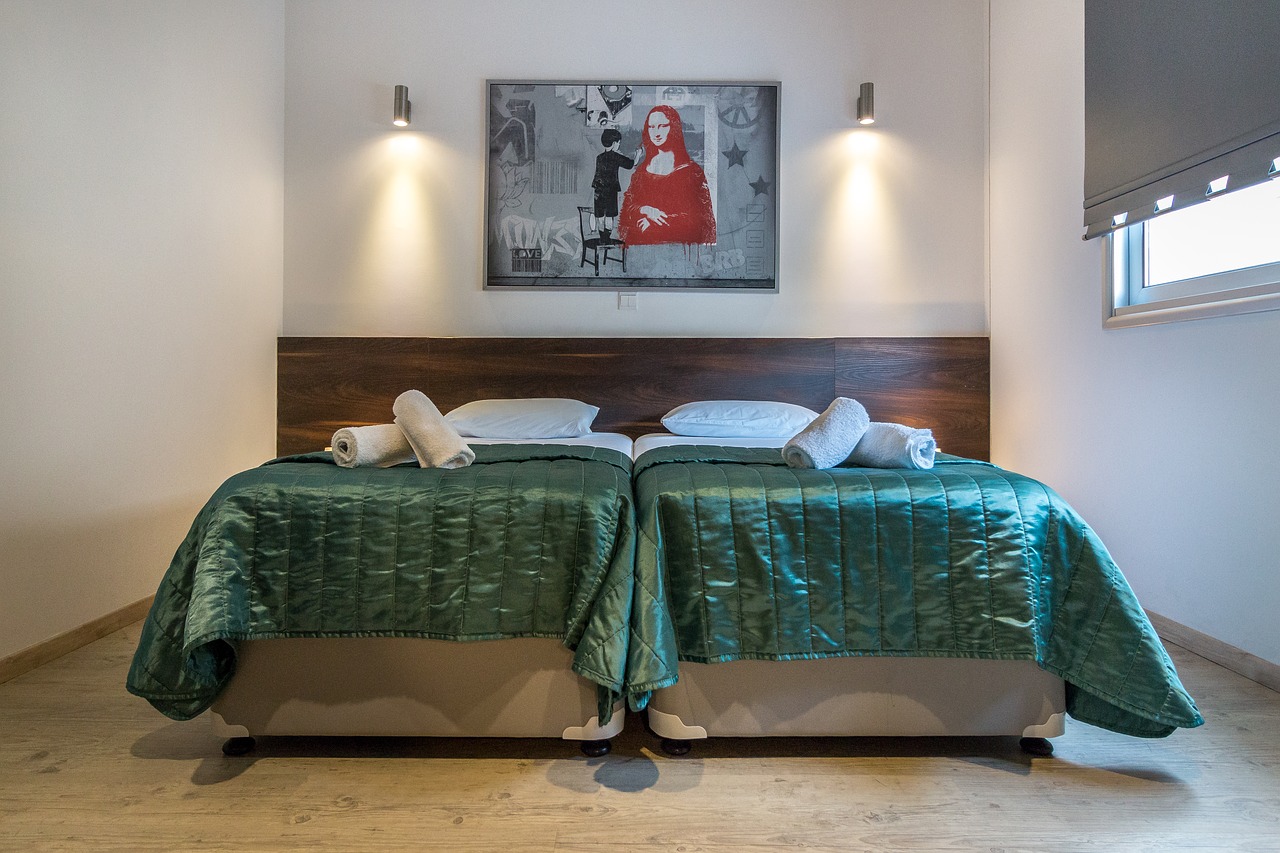 ast majority of B&Bs now offer free WiFi to their guests, but speeds can vary. In many cases, this will not be down to the owner but will simply be as a result of the poorer quality broadband services that are available in the countryside. Finally, it’s worth keeping in mind that a B&B is likely to be small, and in some cases, you may have to share communal facilities with other guests. In the vast majority of cases, this information will be available on the B&B website, but any guests who are unsure should call to ask.
ast majority of B&Bs now offer free WiFi to their guests, but speeds can vary. In many cases, this will not be down to the owner but will simply be as a result of the poorer quality broadband services that are available in the countryside. Finally, it’s worth keeping in mind that a B&B is likely to be small, and in some cases, you may have to share communal facilities with other guests. In the vast majority of cases, this information will be available on the B&B website, but any guests who are unsure should call to ask.